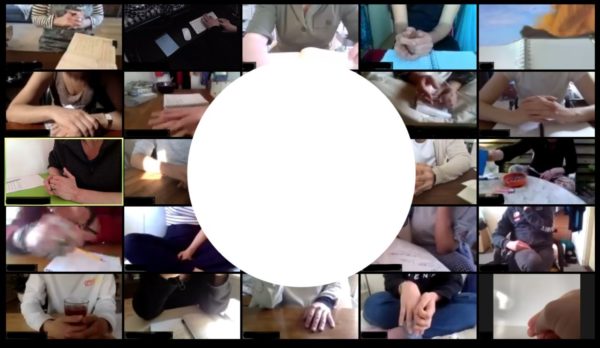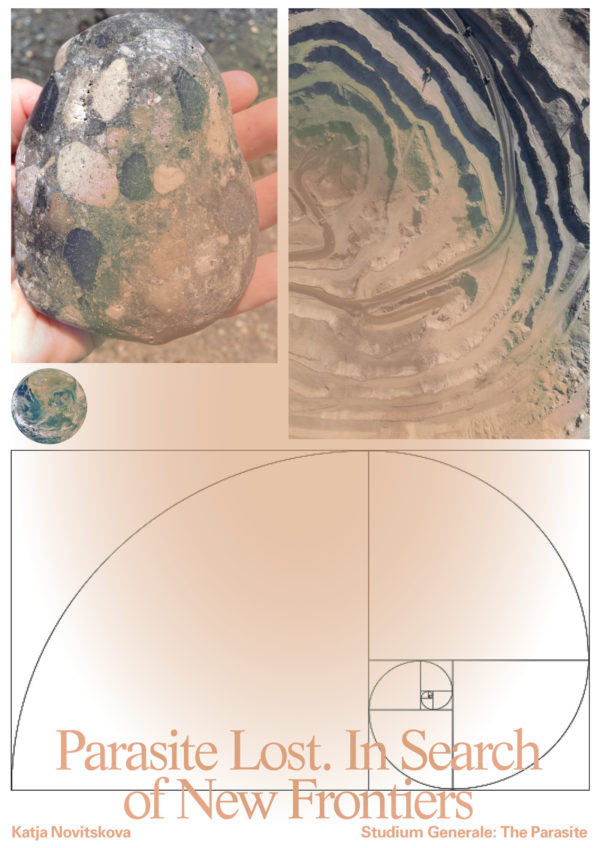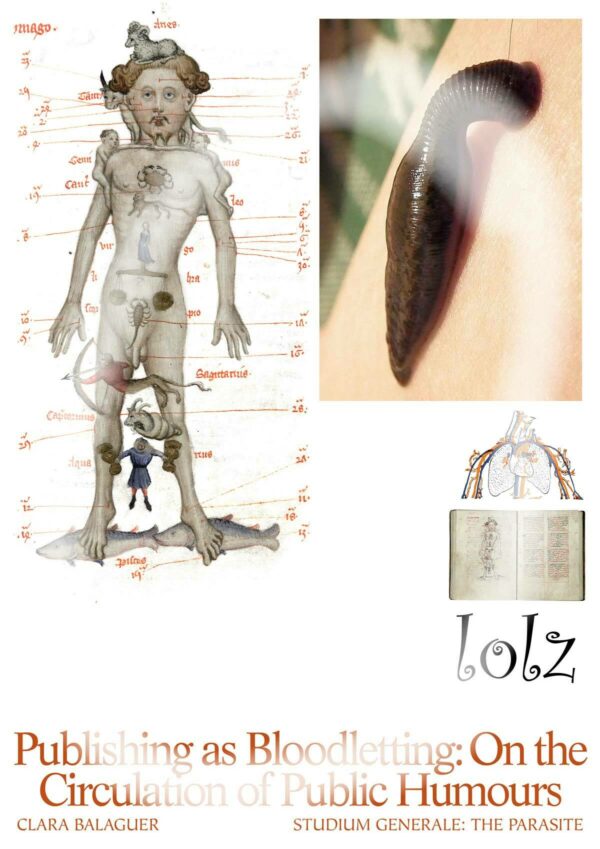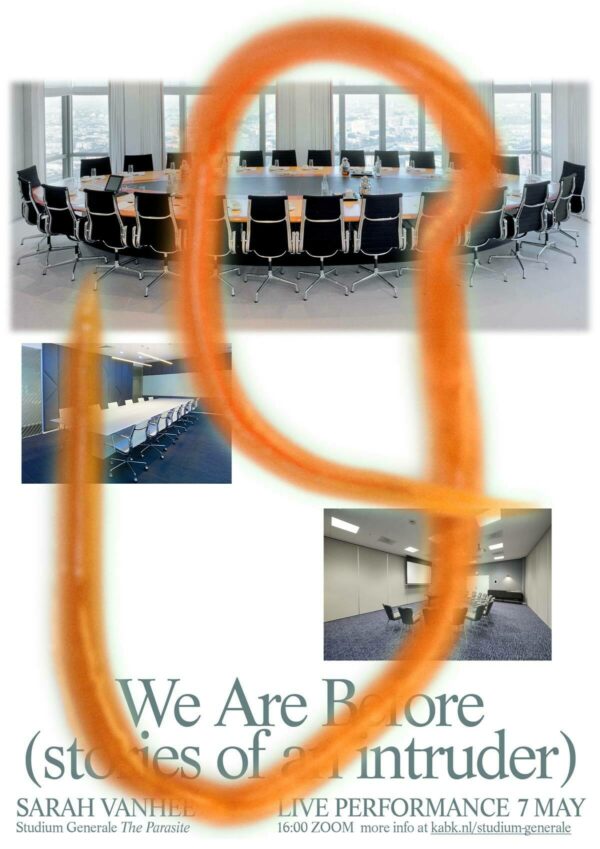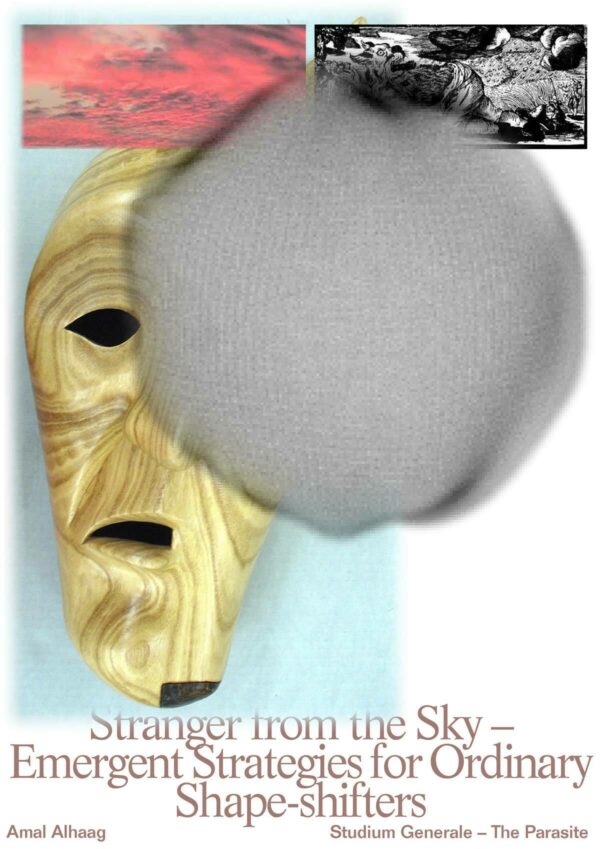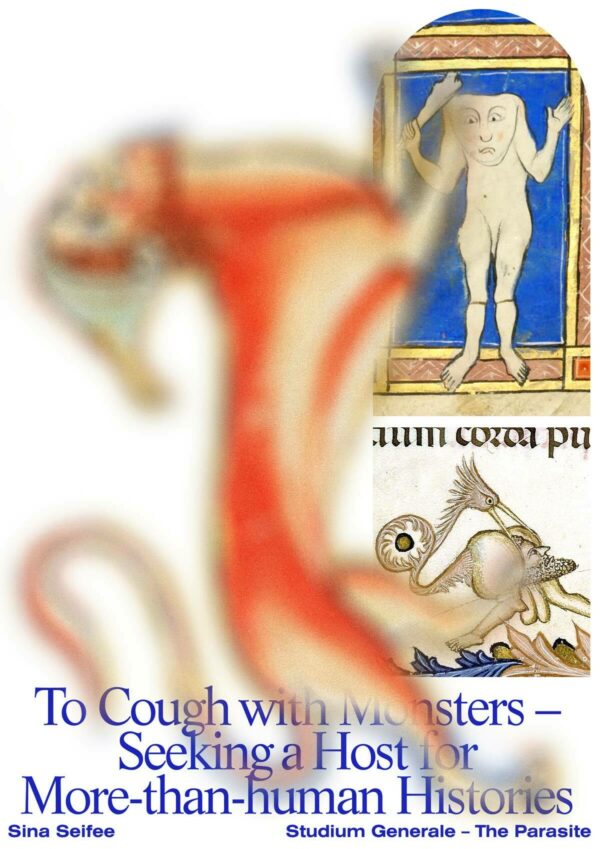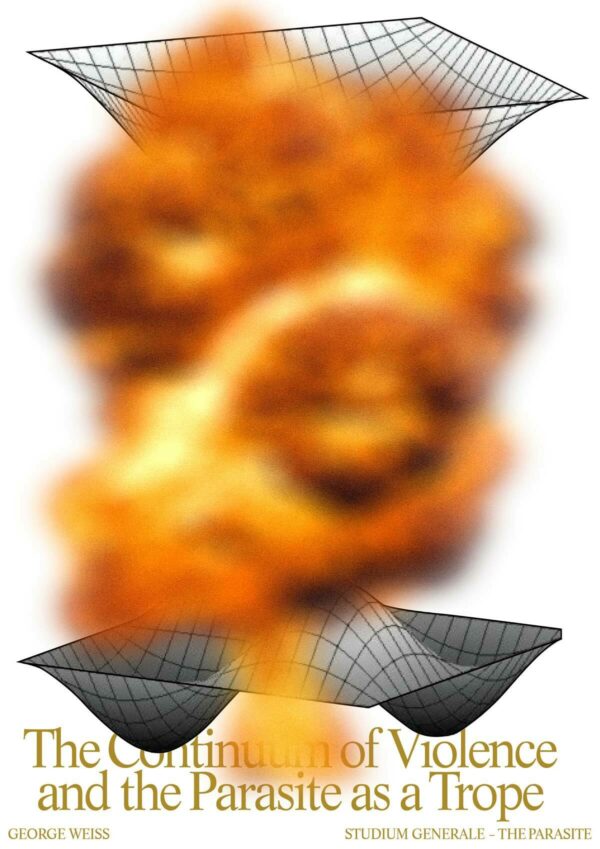Studium Generale - Peter D. Olson - cancelled
Lecture: Real Lives of Parasites
Public perceptions of parasitism rarely if ever reflect the true biology of the diversity of organisms we refer to collectively as ‘parasites’. Peter Olson, a zoologist and parasitologist with 30 years of experience, will explain how parasitism has evolved in effectively every major group of organisms and why it is likely to be the most common mode of life on the planet.
Despite this, even parasitologists have struggled to find a common definition for what a parasite is, their most universal characteristic being how they are distributed among the host population. Thus although we tend to think of them under the common umbrella of ‘parasitism’, each type of parasite will be far more similar to its nearest free-living relative than to other types of parasites. Expanding on the latter point, the second half of the lecture will discuss how parasitism and other forms of symbiosis evolved repeatedly in flatworms and was underpinned by their extraordinary regenerative abilities, ultimately giving rise to flukes, tapeworms and related groups.
Bio - PETER D. OLSON (California, 1969) is a research biologist who specialises on the evolution, development and genomics of parasitic flatworms. He received BSc and MSc degrees in Biological Sciences from the University of Nebraska-Lincoln and a PhD in Zoology from the University of Connecticut before relocating to the UK as a Marshall-Sherfield Fellow in 1998.
Since that time he has been based at the Natural History Museum in London, becoming a permanent member of staff in 2005 and Research Leader in 2011. He conducts and supervises research, guest lectures at leading UK institutions, and is an active member of learned societies and editorial boards in the fields of Parasitology, Development and Systematics, recently taking on the role of Editor in Chief of Systematics & Biodiversity.
He also serves on the board of the NHM member’s magazine Evolve which engages the public with Museum science and other behind-the-scene activities, and is a founding member of the Museum’s Arts and Sciences Interest Group. More about his research and laboratory can be found via www.olsonlab.com.
